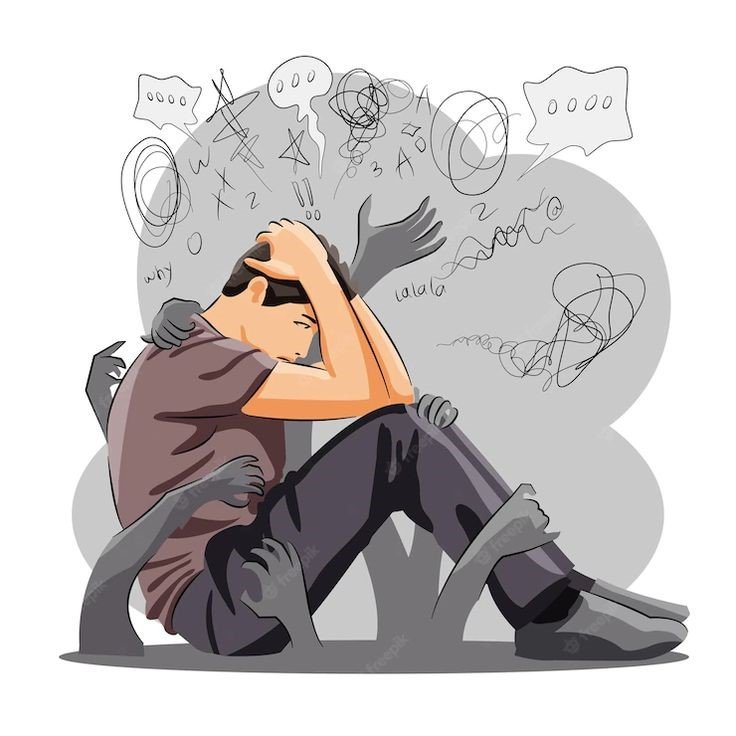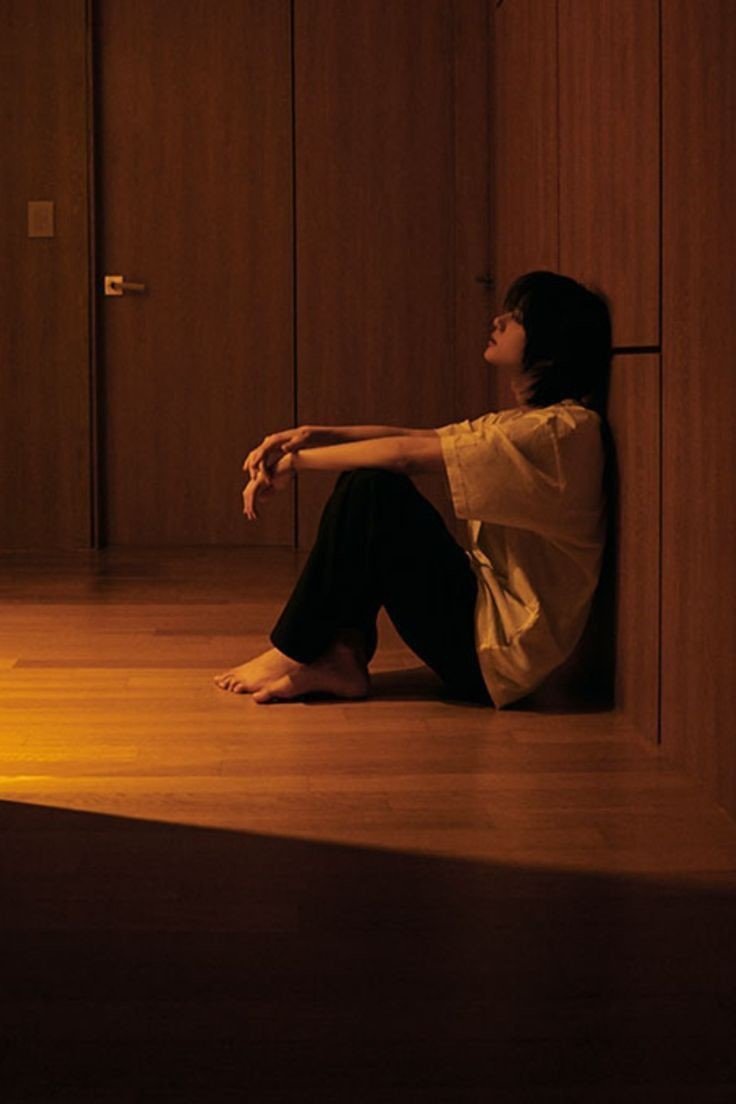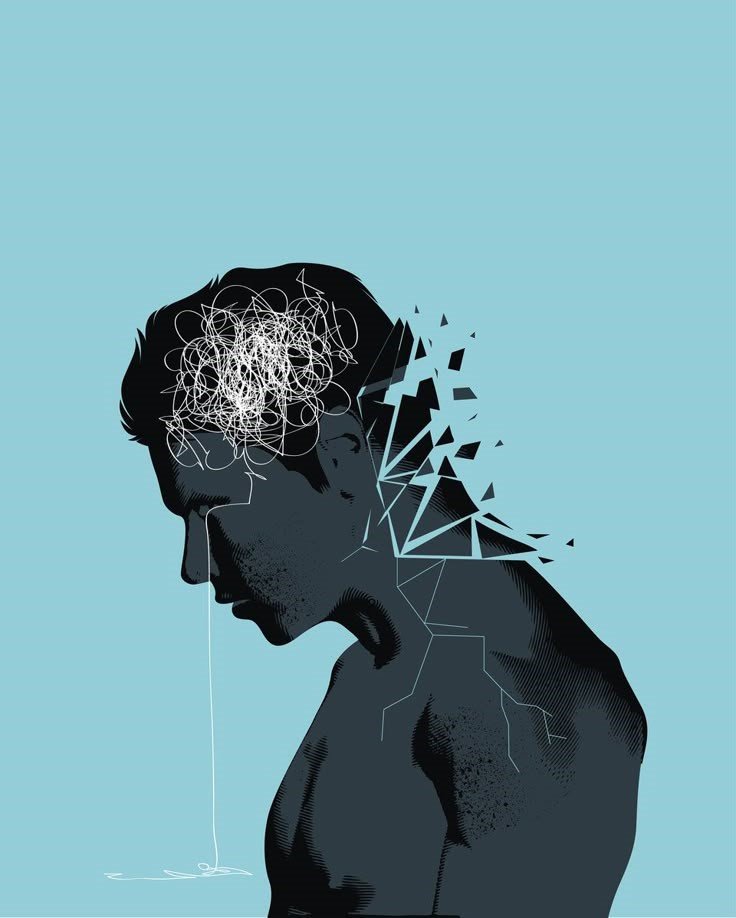Is psychotherapy suitable for depression?
Is psychotherapy for depression really the right choice?
Psychotherapy for depression is a question I hear every week in my practice , especially from people in California who want to know whether talk therapy will actually help, or if they should go straight to medication. I remember a client (I’ll call her “Sara”) who came in feeling numb and hopeless, certain that therapy was a polite way to “talk about feelings” while nothing real changed. Within a few months of focused, evidence-based sessions she said, “I can breathe again.” Wait , that sounds dramatic, and maybe a little tidy , but it’s true. (No, seriously: small changes added up. More on that later.)
If you’re reading this, you might be asking: does therapy work for depression? Is therapy effective for depression compared to pills? How long will it take? These are sensible questions. This article is written for anyone , adults, parents, students, professionals , who wants a clear, research-grounded answer about whether psychotherapy is suitable for depression, what types work best (yes, including cognitive behavioral therapy for depression), and what to do when therapy alone isn’t enough.
I’ll be honest: psychotherapy isn’t a magic wand. Not everyone responds the same way. Some people get big relief in 8–12 weeks; some need months of work, or a combined plan that includes medication. But,based on the best available research and clinical experience,I’ll show you where psychotherapy shines, where it struggles (hello, treatment-resistant depression), and practical steps to choose the right path for you or a person you love. By the end of this piece you’ll have clear signals to watch for, concrete options to try, and actionable CTAs (yes , including how to contact Heal-Thrive’s counselors, download a guide, or book a session).
Ready? Let’s start with what the research actually says , and what it means for real people (including, again, folks right here in California).

Why People Ask “Is Psychotherapy Suitable for Depression?”
People don’t ask whether psychotherapy for depression works out of curiosity , they ask because they’re hurting, overwhelmed, or confused by the dozens of opinions online. In California especially, where mental-health conversations are common but access is uneven, many people feel stuck between “try therapy” and “just take medication.” So let’s slow down and look at the real reasons this question matters.
First, depression isn’t one thing. It shows up differently depending on biology, environment, trauma history, stress load, family patterns , and even whether someone has support or feels painfully alone. Research shows what most clinicians already know: psychotherapy is effective, but not equally effective for everyone. Studies consistently show that therapy improves depressive symptoms for many adults, but outcomes vary based on factors like severity, therapeutic approach, and treatment length.
Then there’s treatment-resistant depression (TRD) , the group of people who don’t improve after trying one or more treatments. These individuals often feel especially discouraged, wondering whether they’re “broken” or “immune to therapy.” (They’re not. Their depression simply requires a more tailored combination of approaches.)
Another huge challenge is time. Therapy isn’t fast food; it’s closer to physical rehab. Most evidence-based therapies for depression , especially cognitive-behavioral therapy for depression , take about 8–16 weeks to begin showing consistent change. Cuijpers et al. (2013) even analyzed how much therapy is “enough,” suggesting that a meaningful dose is often required before results stabilize.
And let’s not skip the practical barriers:
- cost and insurance limitations
- long waitlists (especially in busy California counties)
- misconceptions like “therapy is just talking” or “I should be able to fix this alone”
These misunderstandings create fear and hesitation. I’ve met countless clients who delayed therapy for years because they believed depression “wasn’t bad enough” or that seeking therapy meant something was wrong with them as a person.
When you combine all these factors , unequal response, severity differences, access constraints, and confusion about expectations , the question “Is psychotherapy suitable for depression?” becomes not only reasonable, but necessary.
Psychotherapy isn’t a one-size-fits-all solution. But it is one of the most thoroughly researched and consistently effective treatments for mild to moderate depression , and a critical part of combined treatment for many people with severe or persistent symptoms. The key is matching the right therapy to the right person at the right time.
Not Everyone Responds the Same Way
This is one of the hardest truths to swallow. Studies , including the meta-analyses by Munder et al. (2019) and Berg & Høie (2010) , consistently show that psychotherapy is effective on average, but individual results vary.
Some people respond beautifully to cognitive behavioral therapy for depression. Others need interpersonal therapy. A few don’t respond until they try a combination of therapy + medication.
And no , that doesn’t mean therapy “failed.”
It means depression is a complex condition with multiple pathways to healing.
Treatment-Resistant Depression (TRD)
This is the group that often feels most hopeless. TRD doesn’t mean “therapy doesn’t work.” It means the first few treatments weren’t enough. Markowitz & Milrod (2015) emphasize that when psychotherapy seems to “fail,” the next step isn’t to give up , it’s to adjust the approach:
- Change therapy modality
- Intensify sessions
- Add medication
- Address underlying trauma
- Consider lifestyle and biological factors
I’ve seen clients who struggled for years make breakthroughs once we found the right therapeutic style.
Time Commitment
Let’s be real: therapy takes time.
Even strong evidence , like Cuijpers et al. (2013) , shows that meaningful improvement often requires 8–20 sessions, sometimes more. Depression changes thinking patterns, behavior cycles, and emotional responses. Rewiring those systems isn’t instant.
It’s like building mental muscle , slow and steady, with guidance.
Access & Cost Barriers
Especially in the U.S. (and yes, in California), therapy can feel financially or logistically out of reach. That’s part of why Heal-Thrive provides flexible options , online sessions, hybrid scheduling, and resource guides.
Because depression shouldn’t win simply because therapy is too expensive or unavailable.
Severity Matters
Mild depression and severe depression respond differently.
Psychotherapy for mild-to-moderate depression can be incredibly effective , sometimes even as effective as medication, as shown in the 2007 meta-analysis by de Maat et al.
But with severe depression, a combined approach often brings the strongest relief.
(This doesn’t make therapy “less useful” , it makes it part of a stronger team.)
Misconceptions About “Talk Therapy”
People sometimes believe therapy means sitting in a room, venting, and hoping for magic.
But modern therapy is structured, scientific, and practical.
Cognitive behavioral therapy teaches skills.
Interpersonal therapy rebuilds emotional connections.
Behavioral activation helps pull people out of inactivity paralysis.
When people finally experience this… they often say:
“Oh… this is nothing like what I expected.”
What Happens When Therapy Doesn’t Work?
A question I deeply respect.
When psychotherapy doesn’t create momentum, good clinicians don’t continue doing the same thing. We pivot , based on research, not guesswork.
Sometimes we:
- Switch modalities
- Adjust goals
- Identify hidden obstacles (trauma, anxiety, sleep issues, grief)
- Collaborate with psychiatrists
Healing is not linear. And that’s okay.
Why Psychotherapy Is Needed for Depression
Depression is more than just feeling down or going through a tough time It can mess wih your job, your personal life, your sleep, and your everyday routine Many people wonder: Do I really need psychotherapy for depression, or can I just “wait it out” or rely on medication?.
Here’s the reality: Depression’s a complicated thing According to Munder et al.(2019), therapy works well for a lot of grown-ups, but it doesn’t help everyone the same way Some people with treatment-resistant depression (TRD) find that neither therapy nor meds alone can really help them feel better Some people find it tough, therapy isn’t a quick fix; it often takes weeks or months of regular sessions before you start seeing real change (Cuijpers et al., 2013) There are also hurdles adn price issues Finding a therapist in California who matches your timetable and wallet isn’t always a walk in the park Then there’s the issue of severity: mild depression may respond well to short-term talk therapy, whereas moderate to severe depression often benefits from a combination of therapy and medication (de Maat et al., 2007).
In the end, people’s choices and wrong ideas can slow things down Some people think they’ll get instant results or they think therapy is just chatting without any real payoff Some people might give up on therapy too quick if they’re not feeling better right away We’ve got some real challenges to tackle head-on before therapy can really take off
Key takeaway: Psychotherapy can really help with depression, btu whether it works well depends on the person, how bad the depression is, and how committed they are to the process Grasping these hurdles helps us set achievable goals and get ready for a route that actually works.
Real Client Examples: Psychotherapy in Action
I’d like to tell yuo a few anonymous client tales to illustrate how therapy helps with depression in real-world scenarios
Client 1: Mild Depression
“John,” a 32-year- An old software engineer from san Francisco went to therapy feeling worn out, uninspired, and out of touch wih friends He aws a bit unsure about therapy, feeling it might not be worth the effort We kicked off with cognitive behavioral therapy (CBT) for depression, aiming to break those pesky negative thought patterns and set some small, doable goals In just eight sessions, John found himself back into his hobbies and more plugged into his job Talk therapy on its own was enough to make a real difference
Client 2: Moderate Depression with Medication
“Maria,” a 45-year- The old Los angeles teacher struggled with moderate depression, often having trouble sleeping and feeling low on energy We merged psychotherapy with her doc’s recommended meds plan Therapy aimed at getting active and learning how to handle stress, with meds keeping emotions steady After three months, Maria’s sleep got better, she could focus more, and she felt more hopeful This shows that psychotherapy tends to hit the mark when it’s used alongside other treatments fro more serious or moderate issues
Client 3: Treatment-Resistant Depression
Alex, at 38, has been wrestling with depression for quite some time now A bunch of meds didn’t really help much, and just talking therapy at first didn’t ease things up We tweaked the therapy plan, went for a more structured CBT method, adn zeroed in on teaching skills for handling emotions Alex began to pick up on little changes in how he felt and got involved each day It took some patience and steady work, but it paid off This is a reminder: treatment-resistant depression requires flexibility, persistence, and sometimes multiple approaches.
Key insight: Everyone’s path is their own Psychotherapy can really make a difference, but how well it works depends on how serious the issue is, how regularly you stick with it, and finding the therapy that fits just right.

Implementation Stories: How Clients Applied These Strategies
Grasping strategies is one thing, but it’s putting them into action over and over that really makes a difference Here are some ways clients put psychotherapy to work:
Example 1: Daily Mood Tracking
“Lisa,” a 29-year- A former grad student used a basic mood diary as part of their CBT therapy Every morning, she’d check her mood adn jot down any negative thoughts that popped up At night, she thought about what caused the good changes In just a few weeks, Lisa noticed a trend: skipping breakfast made her grumpy, but her morning walks really helped her concentrate This little routine helped her keep her mood steady throughout the day
Example 2: Behavioral Activation at Home
“Raj,” a 37-year- The old engineer had a hard time getting out of the house because he wasn’t feeling very motivated In therapy, we created a schedule of micro-tasks: make coffee, open the blinds, call a friend, then gradually add more activities. In a month, Raj felt more energetic and had fewer negative thoughts The key was all about those tiny victories
Example 3: Interpersonal Therapy in Action
“Samantha,” a 42-year- Teh old teacher had a falling out with a coworker that really deepened her depression She picked up IPT skills to chat confidently, draw lines in the sand, and chill on overthinking the bad stuff that happened Over two months, her stress from work went down and her mood got better
Key insight: Implementing something is all about staying consistent, having a solid structure, and getting feedback Small, deliberate actions,like journaling, scheduling micro-tasks, or practicing communication skills,compound over time to create measurable improvement in depressive symptoms.
Take the Next Step
If you or someone close to you is dealing with depression, jumping into psychotherapy might seem scary, but it’s also a powerful move Research indicates that regular, properly directed therapy can really change things for the better.
Here’s how you can take action today:
- Contact a Heal-Thrive Counselor : Chat with a pro who’s got the license to help you sort out what you need, what you’re aiming for, and the right kind of therapy to tackle your unique situation
- Download Our Guide : Grab some handy worksheets and easy-to-follow guides to kick off your psychotherapy journey from the comfort of your home
- Book a Session : Set up a first meeting to start a customized care strategy
Remember: Depression isn’t about personal fault; it’s a medical and psychological issue that can improve wih thoughtful therapy Reaching out is the key move to start feeling better, getting things working right, and taking back control of your life Take the leap today, little things add up over time to make a big difference.
1-Munder, Thomas, et al. “Is psychotherapy effective? A re-analysis of treatments for depression.” Epidemiology and psychiatric sciences 28.3 (2019): 268-274.
2-Berg, Rigmor C., and Bjørg Høie. “Effectiveness of psychotherapy for adults with depression: a systematic review of the best available evidence.” Procedia-Social and Behavioral Sciences 5 (2010): 2194-2200.
3-Cuijpers, Pim, et al. “How much psychotherapy is needed to treat depression? A metaregression analysis.” Journal of affective disorders 149.1-3 (2013): 1-13.
4-Markowitz, John C., and Barbara L. Milrod. “What to do when a psychotherapy fails.” The Lancet Psychiatry 2.2 (2015): 186-190.
5-de Maat, Saskia M., et al. “Relative efficacy of psychotherapy and combined therapy in the treatment of depression: a meta-analysis.” European Psychiatry 22.1 (2007): 1-8.

